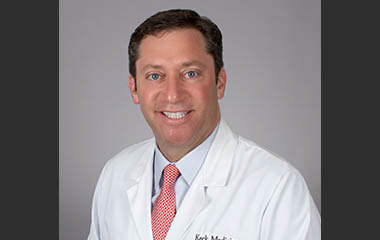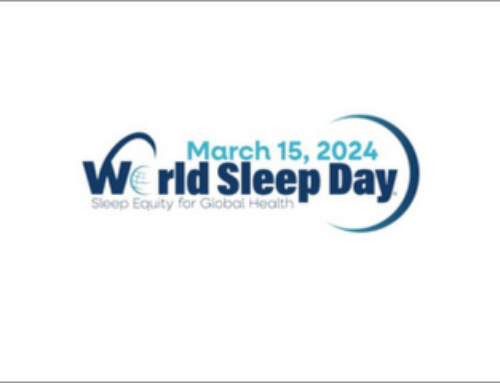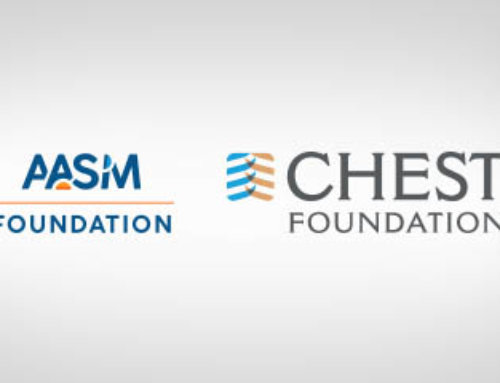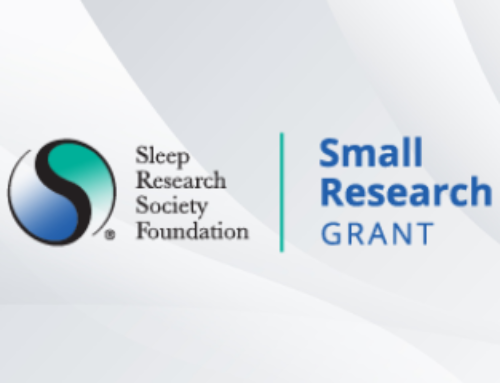AASM Foundation award recipient continues sleep endoscopy research
A new multi-center cohort study of adults who underwent pharyngeal surgery for obstructive sleep apnea explores the importance of drug-induced sleep endoscopy (DISE).
Eric Kezirian, MD, MPH, is the principal investigator and senior author of the study. Dr. Kezirian is a professor of clinical otolaryngology at the Keck School of Medicine of USC. The study is published in the Dec. 27 issue of The Laryngoscope, the journal of the American Laryngological, Rhinological and Otological Society.
Dr. Kezirian received a 2015 Focused Projects Award from the American Academy of Sleep Medicine Foundation (AASM Foundation) for his project “Drug-Induced Sleep Endoscopy and Surgical Outcomes: An International, Multicenter Cohort Study.” He was awarded $20,000.00 to fund his research.
Drug-induced sleep endoscopy was developed to guide procedure selection and improve outcomes in obstructive sleep apnea (OSA) surgery. Dr. Kezirian’s study enhances knowledge about drug-induced sleep endoscopy and informs how it is used to improve the care of patients.
His goal was to evaluate the association between findings of blinded reviews of DISE examinations using the VOTE Classification and obstructive sleep apnea (OSA) surgical outcomes, defined by Apnea-Hypopnea Index decrease ≥50% to a level below 15 events per hour, in a large multicenter international cohort comprised of 275 study participants.
According to the study results, oropharyngeal lateral wall-related obstruction was associated with poorer surgical outcomes (adjusted odds ratio (AOR) 0.51; 95% CI 0.27, 0.93). Complete tongue-related obstruction was associated with a lower odds of surgical response in moderate to severe OSA (AOR 0.52; 95% CI 0.28, 0.98), with findings that were similar but not statistically significant in other analyses. Surgical outcomes were not clearly associated with the degree and configuration of velum-related obstruction or the degree of epiglottis-related obstruction.
“This study has shown what findings are clearly important and what findings need further evaluation,” said Dr. Kezirian. “It is more difficult to treat airway obstruction related to the oropharyngeal lateral walls and tongue, if causing complete obstruction. Tongue-directed surgery appeared to improve outcomes with tongue-related obstruction.”
While there is much more to be explored in terms of DISE, Dr. Kezirian notes this is a major step forward in understanding where DISE can improve patient selection and the results of sleep apnea surgery.
“The AASM Foundation played a fundamental role in making this research possible,” Dr. Kezirian said. “While my previous research in drug-induced sleep endoscopy and sleep surgery established the potential for this project to succeed, the funding assured the study sites that their efforts in developing the cohort and all of the work involved would result in a major publication.”
For more information about Dr. Kezirian’s study, “Drug-Induced Sleep Endoscopy and Surgical Outcomes: A Multicenter Cohort Study,” read his personal blog on the subject.






